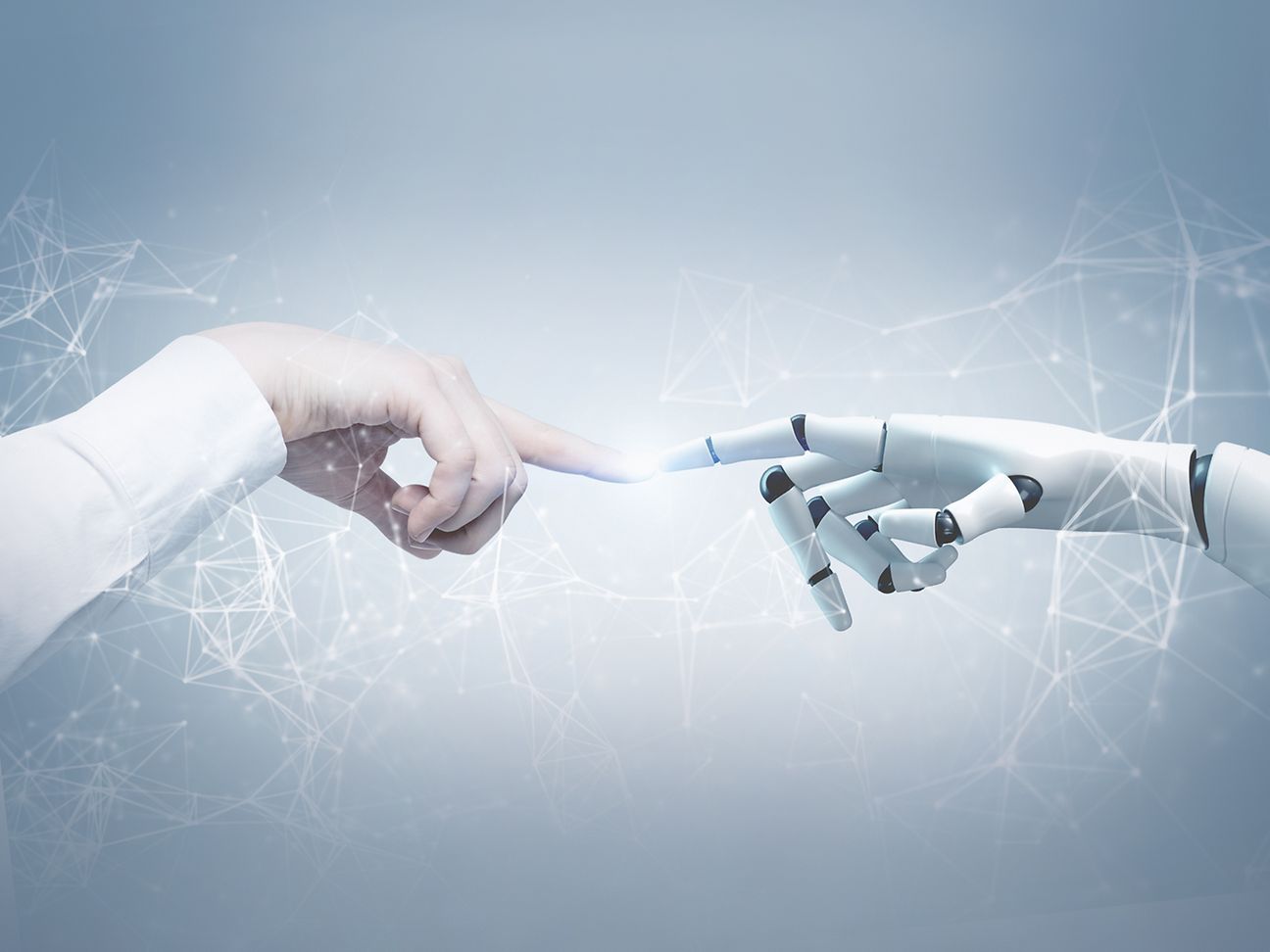

This is how we get from A to B tomorrow
Air taxis, smart cars, Hyperloop? But what can we really expect?
Take your morning flight to the office with a taxi drone? Have your car drive you to work? Or shoot through a vacuum tube in a passenger capsule to the next town? In the near future, all of this could be completely normal. Smart technologies and artificial intelligence will transform our perceptions of mobility, along with our habits. But what can we really expect?
We held video interviews with five experts
Daniel Wiegand is CEO of Lilium. The German startup develops flying taxi drones. The aviation engineer predicts that air taxis could take over up to 40 percent of car traffic in the next 15 years. "Germany is a potential frontrunner," he says.
Gabriele Semino, leads the WARR Hyperloop project at TU Munich. In 2017, his team of students won Elon Musk's SpaceX Hyperloop Pod Competition with the fastest custom-built capsule in the summer of 2018 for the second time in a row. The Hyperloop is the idea of a vacuum tube that will one day carry passengers at high speed. Semino considers the Hyperloop to be the ideal means of transport for medium distances, such as Berlin-Munich.
And what about cars? Will anything we know today be familiar at all in the future? Alexander Mankowsky, futurist at Daimler AG thinks that “rolling yachts” might even be possible. In fact, predicts the expert, we will spend much more time in our cars. Ralf Lamberti, Head of Intellectual Property, Trends & Innovation at Daimler AG, has a similar opinion: "When a car drives autonomously, I can think about games and entertainment."
Professor Michael Decker teaches Technology Assessment in the Philosophy department of the Karlsruhe Institute for Technology (KIT). For him the most fascinating issue with autonomous cars is: How will mixed road traffic between analog drivers and AI cars arrange itself? After all, human drivers will make their way alongside cars controlled by artificial intelligence. Autonomous cars drive defensively. Human drivers might gain positive inspiration from them. Or, the other way round, they might tailgate more, too. After all, "one can be sure that these vehicles will brake for one".
The interviews and further information on the "future mobility" see our special. Discuss exciting questions about the future with us.
We look forward to receiving your comments.


